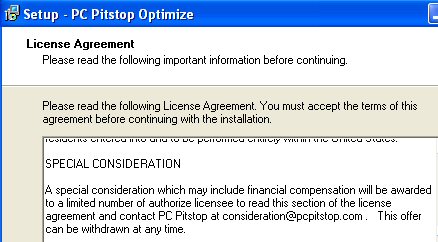Bad software patents again
Greg Aharonian has named the worst software patent of the year in his PATNEWS mailing list, and I must say that I thoroughly agree with his choice. Behold U.S. Patent 6,910,071, which protects a "Surveillance monitoring and automated reporting method for detecting data changes". Sounds impressive, right? Here is the abstract:
A surveillance monitoring and automated reporting method is used for detecting observable changes in data sources over a network, such as the internet, for accessing changing data, such as world wide web content data, and for providing scheduled change detection notifications and results through user defined search criteria for automated monitored search criteria matches on a recurring basis by user defined scheduling. The method extracts content data from the data sources and updates a master database, then detects changes in the content data within the search criteria. Upon detection, the user is notified using graphical interfaces, electronic mail messages, pager messages, or personal data assistant messages.Wait a second. A patent for a system that detects changes in database and sends a notification? This is beyond obvious, any database worth its salt will come with such a notification procedure. Not only that, imagine that any sort of notification of changes already in existence will be infringing.
And they ask why so many people are opposed to software patents.

 del.icio.us
del.icio.us













 There is a new ruling in the impressive saga of NCSoft (City of Heroes fame) v Marvel (of Spider-man fame).
There is a new ruling in the impressive saga of NCSoft (City of Heroes fame) v Marvel (of Spider-man fame).



